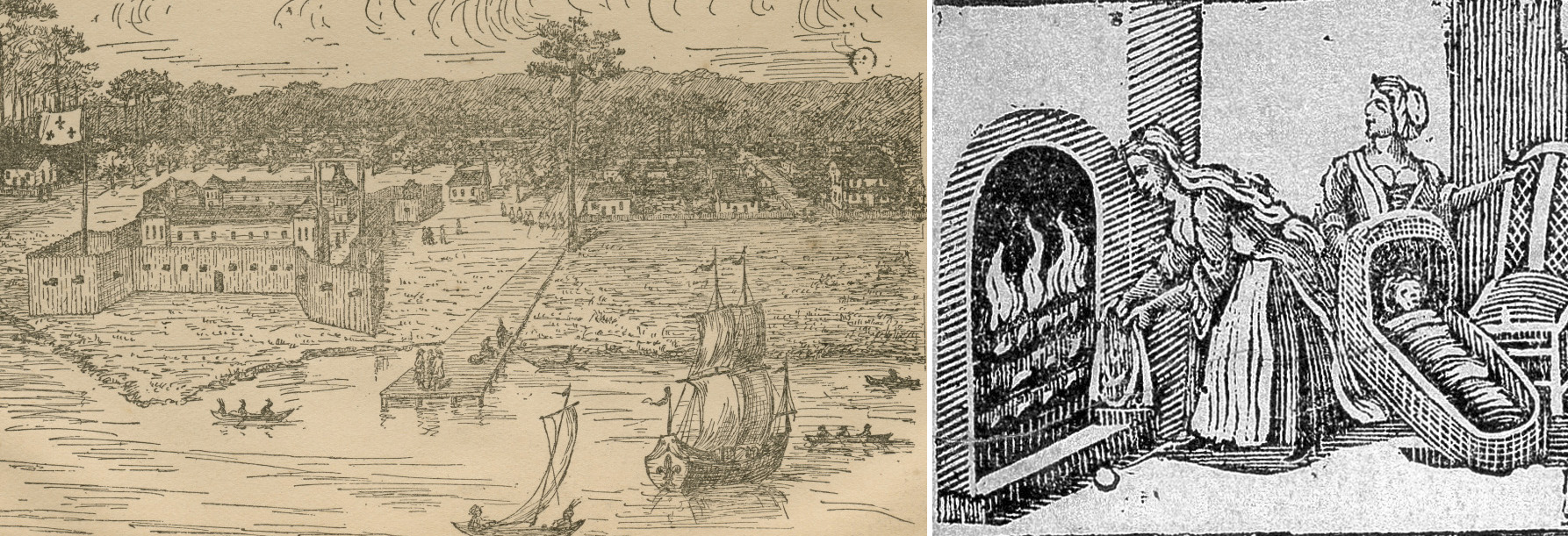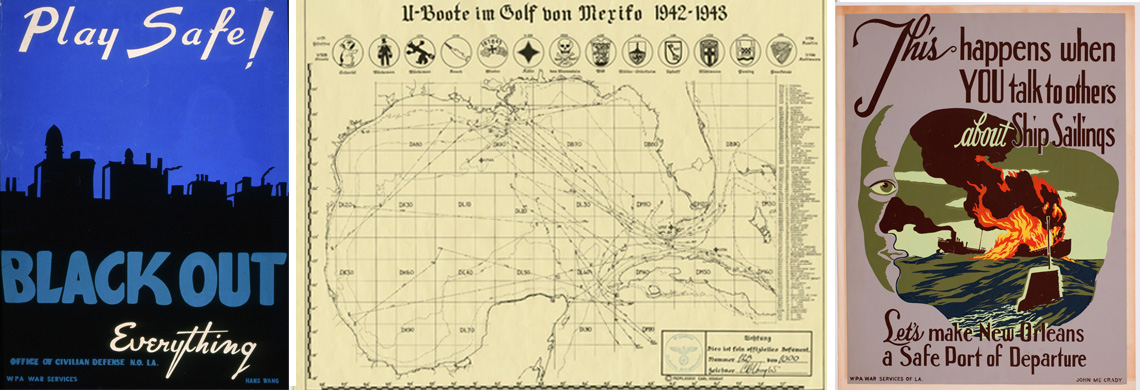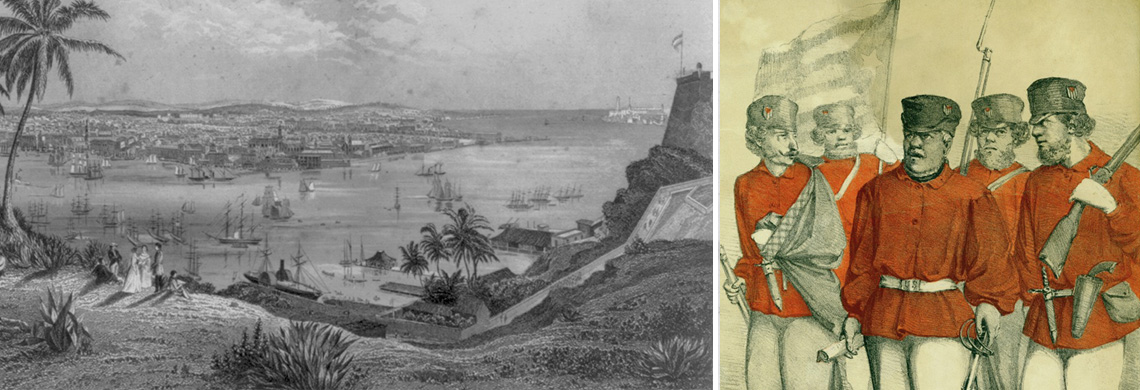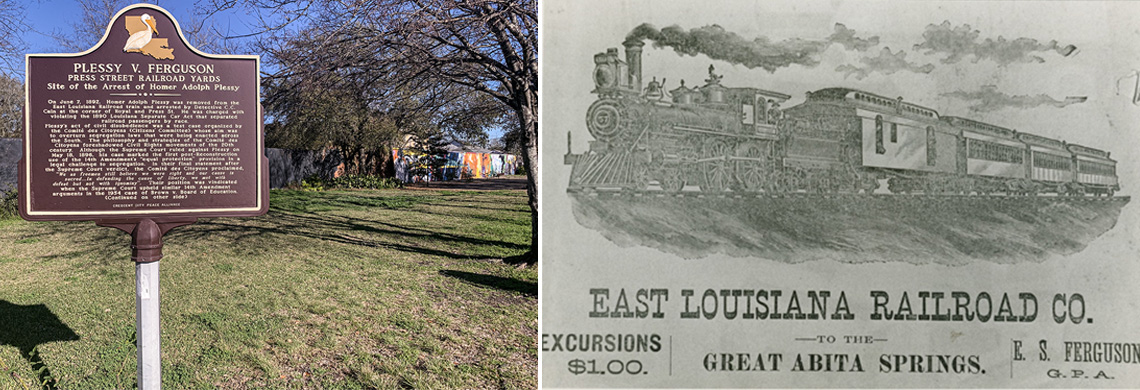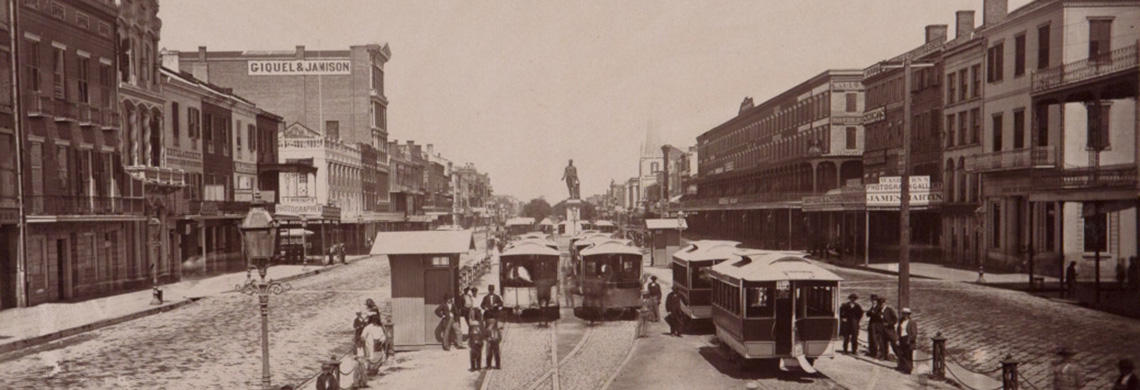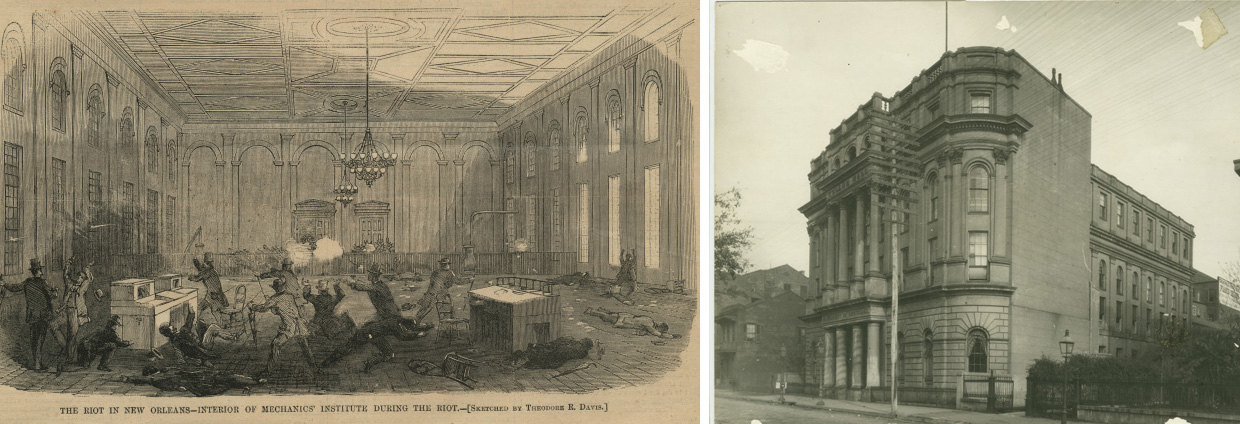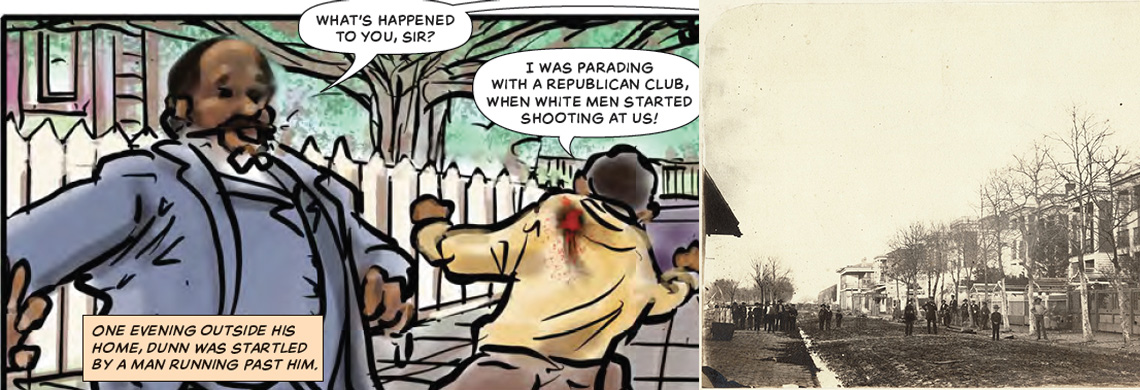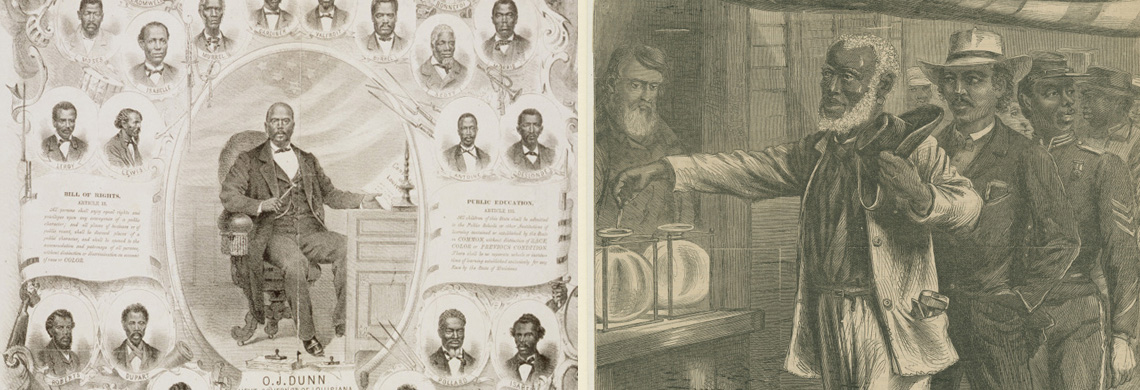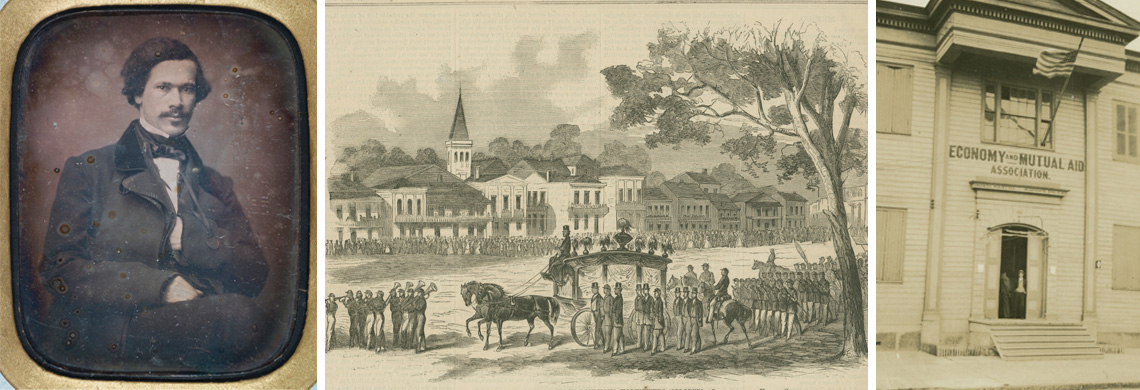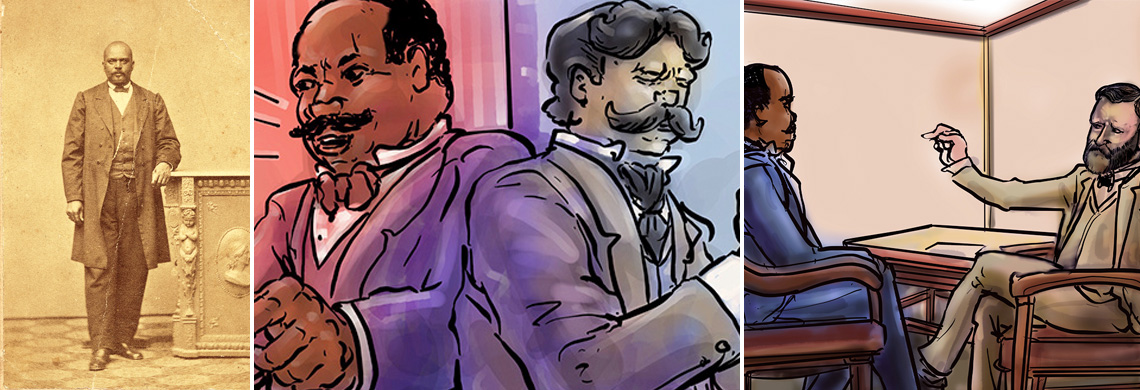Life in the colony of Mobile was precious, so why did Bienville, the de facto ruler, slash the salary of the only Midwife?
In the spring of 1942, Hitler brought World War II to Louisiana’s shores, and ships sailing in the Gulf of Mexico paid the price.
Today, the term “filibuster” refers to the obstruction of legislative process through long speeches and other delay tactics. For most of the 19th century, however, filibusters were men who engaged in unsanctioned warfare in foreign countries—and a number of their campaigns were planned and set sail from New Orleans.
By appealing to the highest court in the land, the men behind Plessy v. Ferguson sought to halt the rolling back of major civil rights gains Black people achieved during Reconstruction. Their defeat in 1896 marked the end of an era of radical Black activism in New Orleans that began with the Civil War.
The streetcar protest of 1867 is one of the few cases in which African Americans during Reconstruction successfully voiced their dissatisfaction to government officials in the South.
Three new books from THNOC give different viewpoints of the infamous Mechanics' Institute massacre.
Using archival sources, the creators of Monumental were able to tell the forgotten story of a Black politician in a new way.
Local circumstances—and tragedies—shaped Black New Orleanians’ successful struggle for the vote, but their fight had far-reaching consequences.
After the Union liberated New Orleans, Black activists fought for civil liberties and basic human rights.
150 years before Kamala Harris was inaugurated as the nation's first Black vice president, newspapers speculated that Louisianan Oscar J. Dunn could be up for the job.


